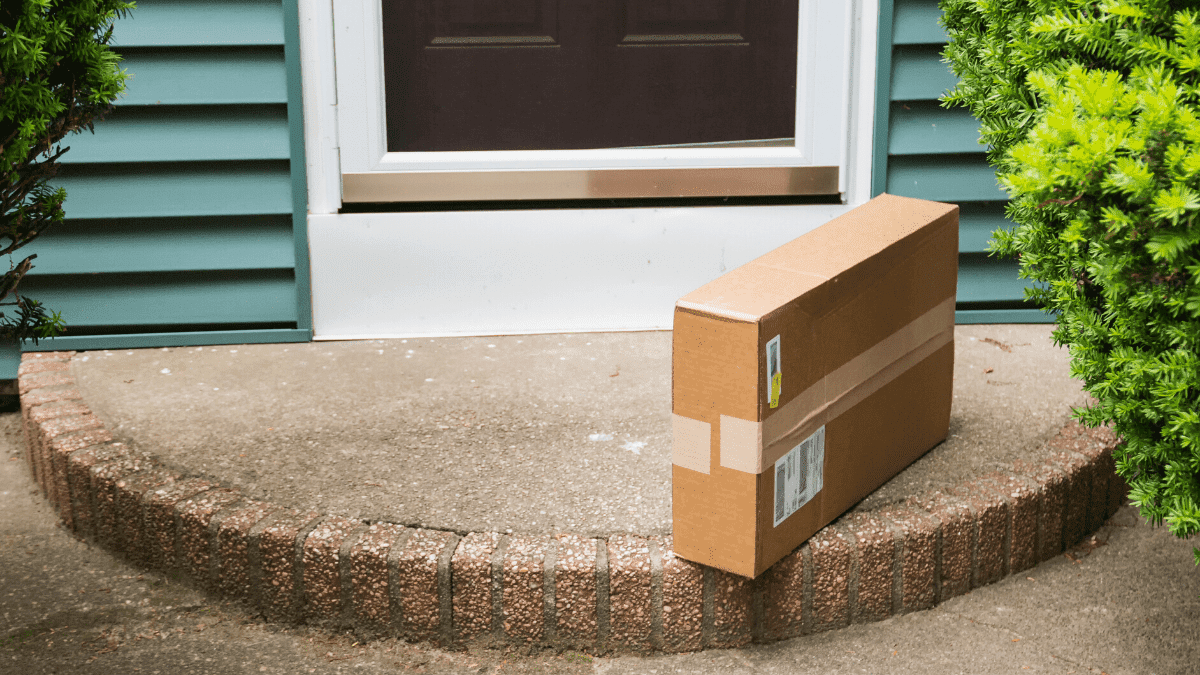
As the pace at which daily lives are changing, Covid 19 appears to have installed a “New Normal” across the world. Last week, we discussed the impact Covid 19 is having on retailers with our CEO, Ciaran Bollard – advising on best practices for retailers amidst the pandemic and where to go from here.
>Share this post<

by Lauren Cassidy
March 30, 2020
As the pace at which daily lives are changing, Covid 19 appears to have installed a “New Normal” across the world. Last week, we discussed the impact Covid 19 is having on retailers with our CEO, Ciaran Bollard – advising on best practices for retailers amidst the pandemic and where to go from here.
As Kooomo was born of our sister company ZeroGrey in Italy, we have been following the developments closely from Europe’s epicentre of the pandemic. We spoke with our founder, Giovanni Meda who highlighted the severity of the countries lockdown:
“We are all confined to our homes right now. All shops and schools are closed and we can only go out to buy food or take the dog out or a short walk – but only near our house”
Giovanni goes on to discuss how eCommerce is a key component to their “New Normal” as 31% of Italian consumers say they are using eCommerce more frequently – However, eCommerce may find itself subject to further limitations in the coming days:
“eCommerce is not included in the shutdown which is due to affect many production plants that come into effect this Wednesday (25/03/20). Amazon and the main supermarket chains are reporting big growths also.”
As Kooomo was born of our sister company ZeroGrey in Italy, we have been following the developments closely from Europe’s epicentre of the pandemic. We spoke with our founder, Giovanni Meda who highlighted the severity of the countries lockdown:
“We are all confined to our homes right now. All shops and schools are closed and we can only go out to buy food or take the dog out or a short walk – but only near our house”
Giovanni goes on to discuss how eCommerce is a key component to their “New Normal” as 31% of Italian consumers say they are using eCommerce more frequently – However, eCommerce may find itself subject to further limitations in the coming days:
“eCommerce is not included in the shutdown which is due to affect many production plants that come into effect this Wednesday (25/03/20). Amazon and the main supermarket chains are reporting big growths also.”
However, with the growth Amazon is reporting limitations on what they could ship had to be introduced. Earlier this week, Amazon announced it would no longer ship what it considers to be non-essential items in France and Italy. A decision taken to allow for fulfilment centres to focus on receiving and shipping the products customers need most at this time such as medical supplies and essential cleaning products.
Amazon FBA (Fulfilment by Amazon) is a service provided by Amazon that provides storage, packaging, and shipping assistance to sellers. Typically, this program allows retailers to ship their products to an Amazon fulfilment centre, where items are stored in warehouses until they are sold. However, not only is Amazon no longer shipping non-essential items to France and Italy, they have also announced it would stop accepting products other than medical supplies and household staples to its warehouses.
Amazon FBA (Fulfilment by Amazon) is a service provided by Amazon that provides storage, packaging, and shipping assistance to sellers. Typically, this program allows retailers to ship their products to an Amazon fulfilment centre, where items are stored in warehouses until they are sold. However, not only is Amazon no longer shipping non-essential items to France and Italy, they have also announced it would stop accepting products other than medical supplies and household staples to its warehouses.
What can we learn from this?
While the measures are necessary at this moment in time, any Amazon only sellers who don’t ship their own products will be massively hit by this. Is this a time to consider an eCommerce store and begin becoming independent of the giant? Our CEO, Ciaran Bollard offers his thoughts on thriving under these harsh circumstances:“The retailers that have invested in omnichannel and have stock in-store which is also available online will help ease the impact of no footfall on the street. I know some retailers are considering resupplying the main warehouse with shop stock to help fulfil demand.”
We consistently discuss the benefits of omnichannel solutions for retailers, and expect an uptake in online retailing as retailers learn the value in future-proofing their business – so what alternative distribution options to the likes of Amazon are available to retailers in future?
As Ciaran mentioned above, some retailers are moving to replenish warehouse stock with shop stock – in future, retailers may courier directly from their stores and, when the time is right, introduce click and collect options. Retailers could decide to deliver directly from store with the use of named couriers – and the advent of freelance courier services such as TaskRabbit, can provide an alternative, ad hoc delivery service – opening up more delivery options to retailers.
The use of flexible warehouse options, including “pop-up” distribution centers and acquiring temporary space through short-term leases and in non-traditional spaces can be a good alternative depending on the needs of different retailers. Pop-up supply chains are becoming a common method to respond to seasonal or changing demands which may be a viable option for retailers in the future.
An alternative to this, crowdsourced and “on-demand” warehousing gives companies access to warehouse space only when needed and retailers pay only for what they use, instead of having to rely on longer contracts with 3PLs. This may be a good fit for smaller retailers as it will allow them to expand at their own pace and in a cost-efficient manner.
Conclusion
For retailers and consumers alike it’s important to look to the future, and learn from current circumstances. Retailers may now realise the value in omnichannel solutions and working independently of other corporations. We can already see other countries overcoming the worst of Covid19 such as China coming out of lockdown and slowly returning to normal.Industry leader Alibaba’s shipping activity has approached pre-outbreak levels as people resumed work and roadblocks came down this week, giving hope that the new normal won’t be totally alien to us all.
Omnichannel has been there to support online and offline before Covid19 surfaced and is now being called on or maximised to overcome it – we can assume that as online purchasing habits increase, that they will remain a habit long after this is all over.
More to explore
Here’s an overview of the latest improvements that are now available in the Kooomo platform.
In the next few years, we are foreseeing an impressive increase for the global retail industry. While this can be beneficial for the global eCommerce industry, it also means that there will be more competition, as well.

 en
en 

